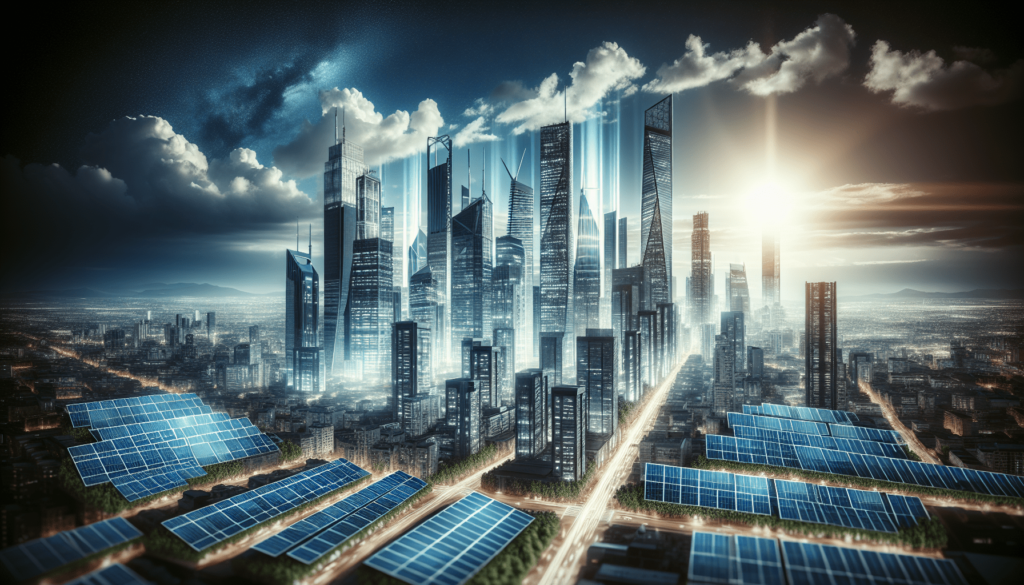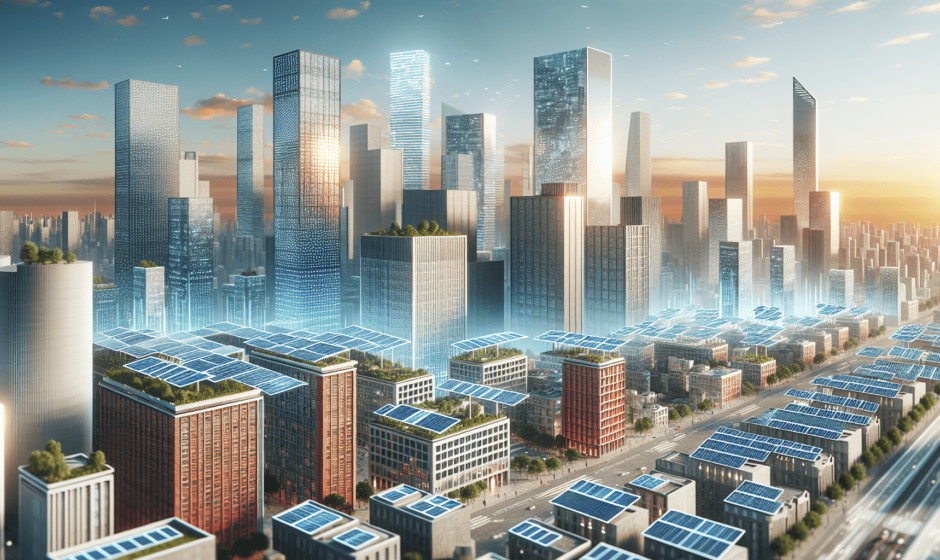Exploring the Benefits and Drawbacks of Solar Panels in Urban Areas
If you’ve ever considered installing solar panels in an urban setting, you’re not alone. The ongoing debate on whether or not to invest in solar energy in cities has been a hot topic for some time now. Let’s dive into the pros and cons of installing solar panels in urban areas to help you make an informed decision.
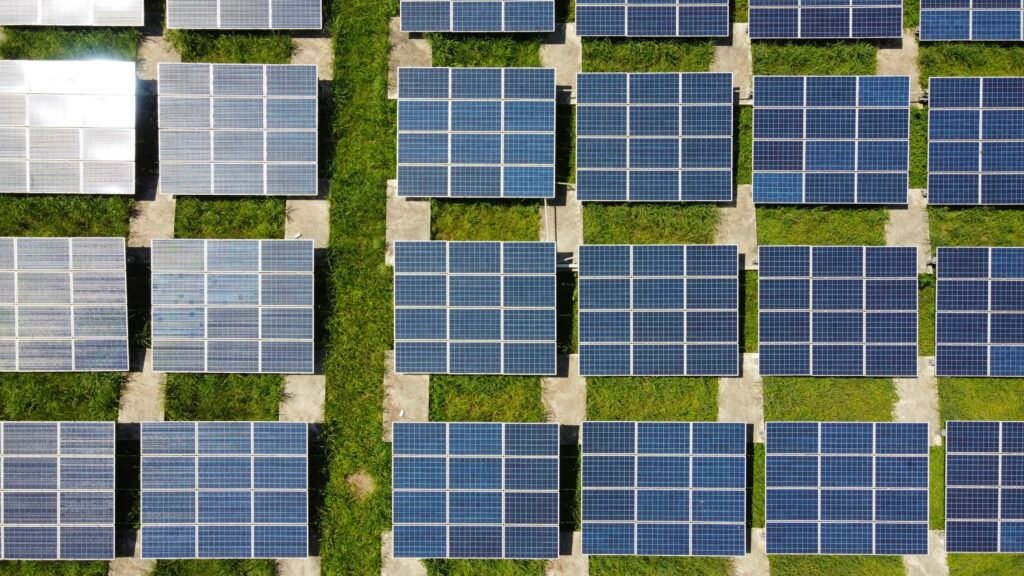
Pros of Installing Solar Panels in Urban Areas
When it comes to the advantages of having solar panels in urban areas, there are quite a few benefits that might make you excited to take the leap and make the investment.
One major advantage is the potential to reduce your carbon footprint. By generating clean and renewable energy from the sun, you can significantly decrease your reliance on fossil fuels, which contribute to greenhouse gas emissions and climate change. Installing solar panels on urban rooftops can help offset some of this pollution, making a positive impact on the environment.
Another pro of solar panels in urban areas is the potential for energy independence. By producing your electricity, you can reduce your reliance on the traditional power grid and utility companies, leading to more control over your energy consumption and costs. This can be particularly beneficial during power outages or emergencies when the grid may not be reliable.
Furthermore, solar panels can increase the value of your property. Studies have shown that homes with solar panels sell for more than those without, making it a sound investment that can pay off in the long run. With the growing demand for renewable energy, having solar panels installed can make your property more attractive to potential buyers and tenants, giving you a competitive edge in the real estate market.
Cons of Installing Solar Panels in Urban Areas
While there are undoubtedly many benefits to installing solar panels in urban areas, it’s also essential to consider the drawbacks before making a decision.
One of the significant drawbacks of solar panels is the upfront cost. While the prices of solar panels have decreased in recent years, the initial investment can still be substantial for some homeowners. The cost of installation, equipment, and maintenance can add up quickly, making it a significant financial commitment that may not be feasible for everyone.
Another con of solar panels is the variability of sunlight. In urban areas with tall buildings, trees, and other structures, the amount of sunlight that reaches your solar panels may be limited. This can affect the efficiency of your panels and, consequently, the amount of energy they can generate. It’s essential to assess the solar potential of your location before investing in a solar energy system to ensure that you’ll get an adequate return on your investment.
Additionally, solar panels require regular maintenance to function correctly. Dust, debris, and weather conditions can impact the performance of your panels over time, requiring cleaning and upkeep to maintain their efficiency. While solar panels are relatively low-maintenance compared to other energy systems, it’s essential to factor in the time and effort needed to keep them in working order.
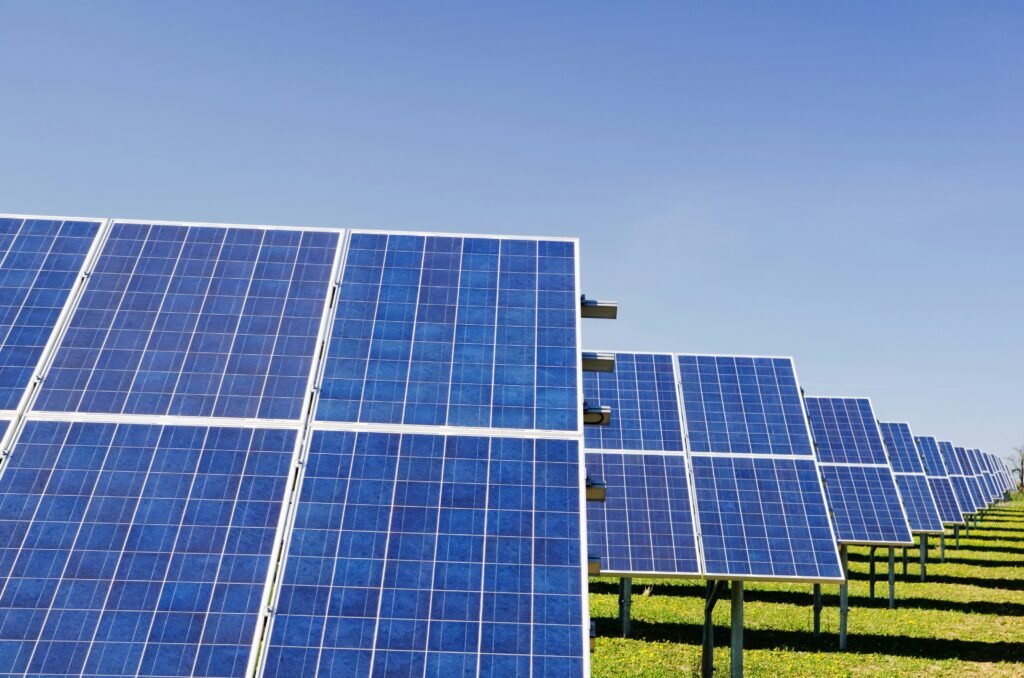
How to Determine if Solar Panels Are Right for Your Urban Area
Now that you’ve weighed the pros and cons of installing solar panels in urban areas, you might be wondering how to determine if solar energy is right for your situation. Here are a few essential factors to consider before making a decision:
-
Evaluate Your Roof: The first step is to assess the suitability of your roof for solar panel installation. Consider factors like the age, size, orientation, and shading of your roof to determine if it can support solar panels effectively. A south-facing roof with minimal shading is ideal for maximizing sunlight exposure.
-
Calculate Your Energy Needs: Determine your average energy consumption and how much of it you’d like to offset with solar panels. This will help you assess the size and type of solar energy system that would be most suitable for your needs.
-
Research Incentives and Rebates: Look into available incentives, rebates, and tax credits for installing solar panels in your area. Many governments and utility companies offer financial incentives to encourage the adoption of clean energy solutions, making solar panels more affordable for homeowners.
-
Get Multiple Quotes: Don’t settle for the first solar panel installer you come across. Shop around and get quotes from multiple companies to compare prices, products, and services. This will help you make an informed decision and ensure you’re getting the best value for your investment.
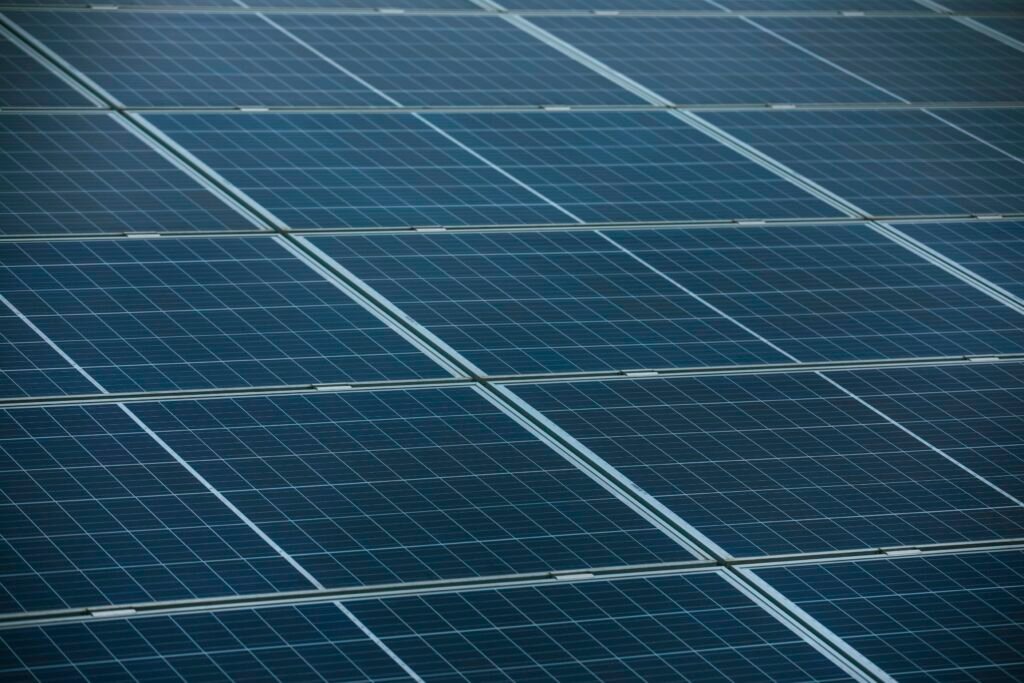
Conclusion
As you can see, the debate on installing solar panels in urban areas is multifaceted, with both benefits and drawbacks to consider. By weighing the pros and cons, assessing your individual circumstances, and doing thorough research, you can determine if solar panels are the right choice for your urban area.
Remember that solar energy is a long-term investment that can have a positive impact on the environment, your finances, and your property value. If you decide to move forward with solar panel installation, be sure to work with a reputable installer, keep up with regular maintenance, and enjoy the many benefits of generating clean and renewable energy from the sun.
